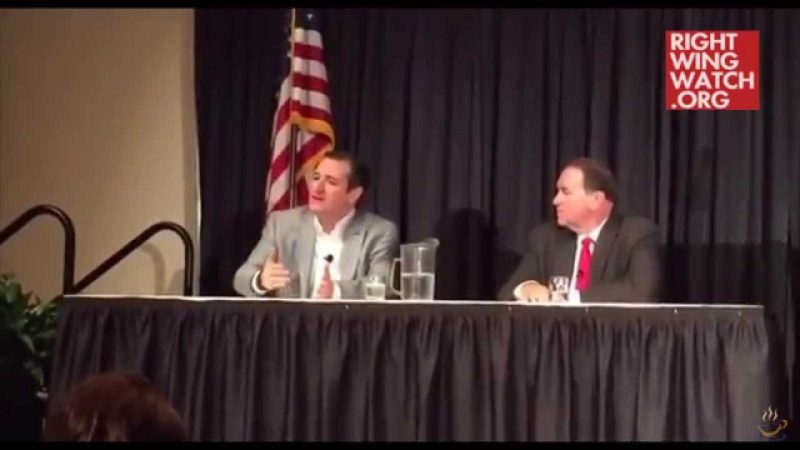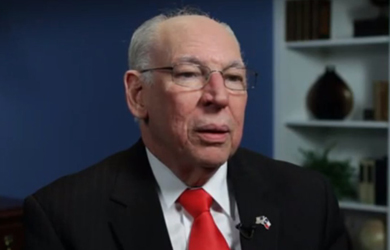Last week, when it was first announced that variety of Religious Right groups were banding together under the moniker of the Freedom Federation, I wrote a post trying to figure out how this new effort was supposedly different from the previous or already existing right-wing coalitions that do promote many of the same issues and include many of the same groups.
Over the last few days, key figures of the member organizations have been granting interviews and explaining a little more about just what is the purpose of this new group. We recently learned that one of the purposes of the coalition was to try and overcome the divisions within its own ranks in order to present a unified front.
And now we find out that, once this new unified front is in place, we can expect the Federation to weigh in on topics that extend beyond the Right’s traditional cultural issues and, more importantly, use it to try and re-brand itself:
In the coming months, the federation will likely issue a position statement on health care reform, and express their opposition to federal funding of abortion and efforts to overturn the Defense of Marriage Act. But participants said the group will address issues beyond those typically championed by Christian conservatives.
“[The federation] will have a biblical bent as its priority,” said Bishop Harry Jackson, chairman of the High Impact Leadership Coalition, a network of mostly African-American and Hispanic ministries. “The religious right has really, seemingly, specialized in dealing with a handful of issues and has not engaged in terms of political activism in issues that would be considered social justice issues.”
“So the opportunity is for us to be relevant in terms of what’s being decided now,” he added, pointing to the environment, health care and immigration reform. “All of these issues have a biblical perspective that can unify us.”
Jackson said the federation also hopes to change the “very severe image problem” that politically active Christians have in the culture. He said the federation’s multiethnic membership will not only help change public perception but also provide more holistic policy recommendations.
Earlier this year, many of the Freedom Federation’s members started complaining about being labeled as the “Religious Right” because the term has negative connotations. This seems to be something of an attempt to accomplish that by building a larger coalition that includes African American and Hispanic groups as equal partners and speaks out on a wider variety of issues.
Of course, the fact that this new effort is made up entirely of Religious Right groups means its probably going to be rather difficult for them to distance themselves from the term “Religious Right.” After all, a coalition made up of a dozen or so Religious Right groups is itself a Religious Right group.
Beyond that, it is going to be even harder for them to change their image when Freedom Federation members are basically admitting that the effort is little more than an attempt to “put a new face” on their traditional agenda.
Teen Mania founder Ron Luce said the federation’s broad participation may also help engage younger believers, who often see religious conservatives as harsh and condescending.
“Our interest is in trying to help shape the communication to the younger generation so they’re more willing to embrace what the Bible says and live conservative values from the Scriptures,” Luce said.
“The whole point of the federation is groups coming together saying, let us put a new face on and a new amiable stance in what we believe,” he added. “Not changing what we believe, but a more amiable approach as well as a more thorough approach. It’s not just two issues; we’re talking about all kinds of issues and principles from Scriptures that we as believers ought to care about-not associating ourselves with a particular political party. It’s about, let’s live conservatively in our own personal lives and then let’s make our voice known.”








